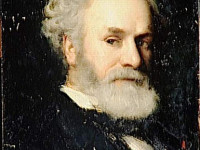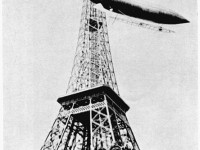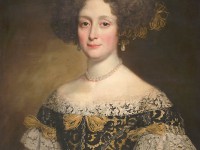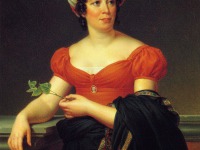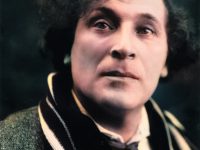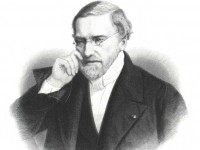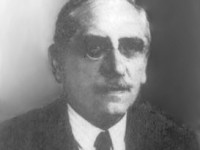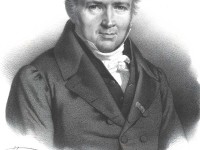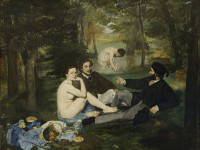Pierre Janssen and the Discovery of Helium
When watching the total eclipse on August 18, 1868 in Madras, British India, French astronomer Pierre Janssen discovered the new chemical element Helium. Janssen also is credited with discovering the gaseous nature of the solar chromosphere. Youth and Education Janssen was born in Paris in 1824. An accident when he was young left him extremely lame and it is for this reason that he was unable to go to school. He studied at…
Read more

